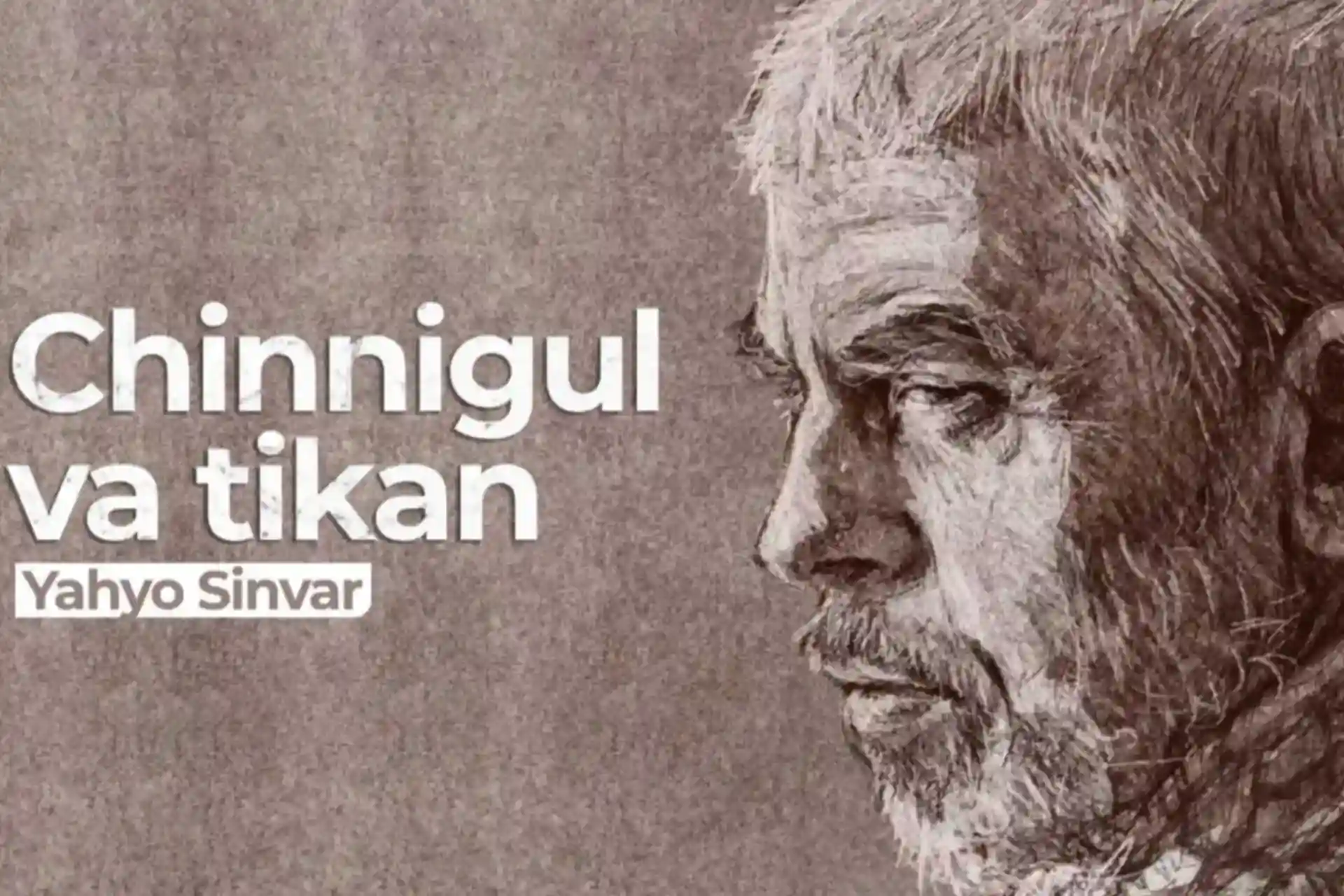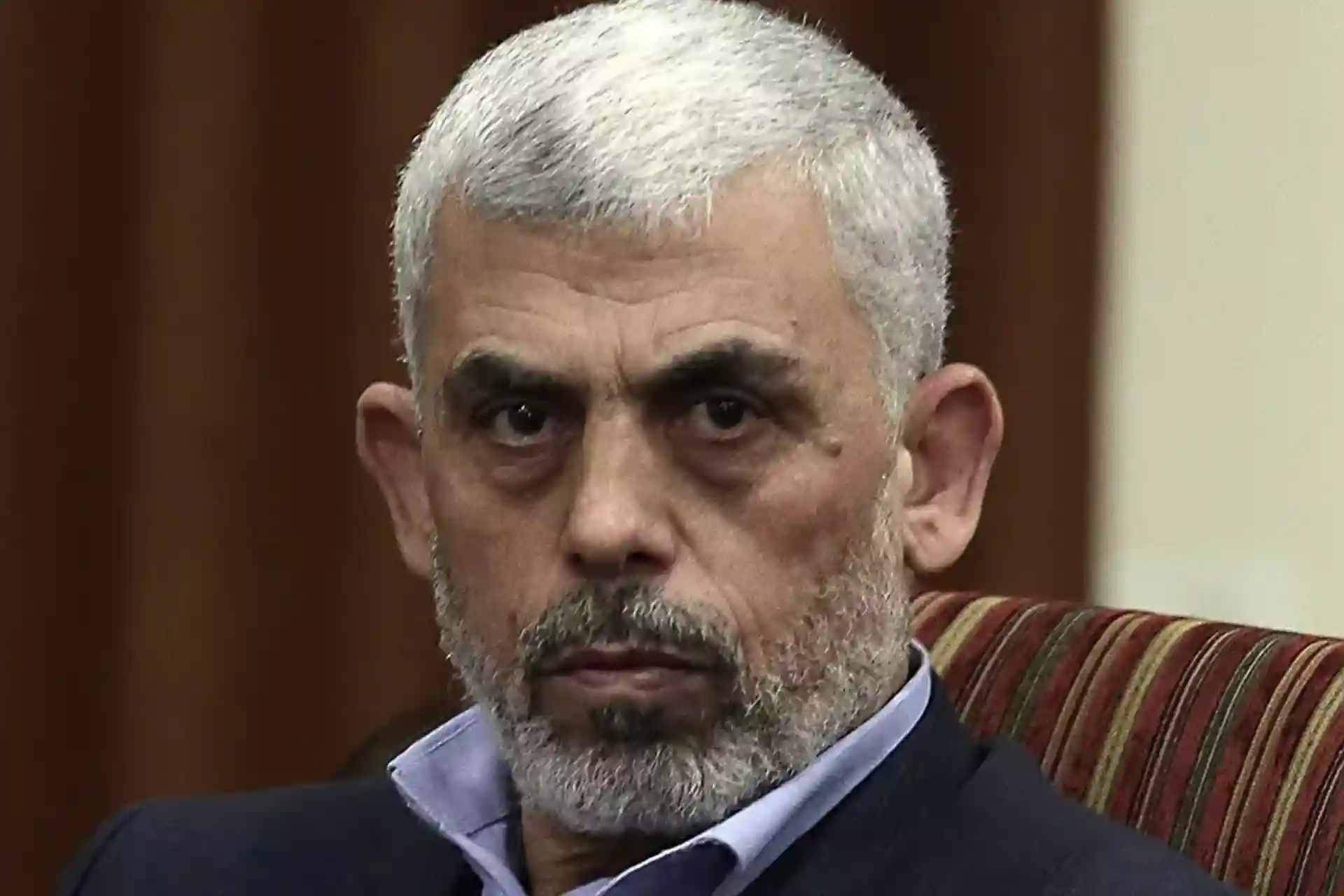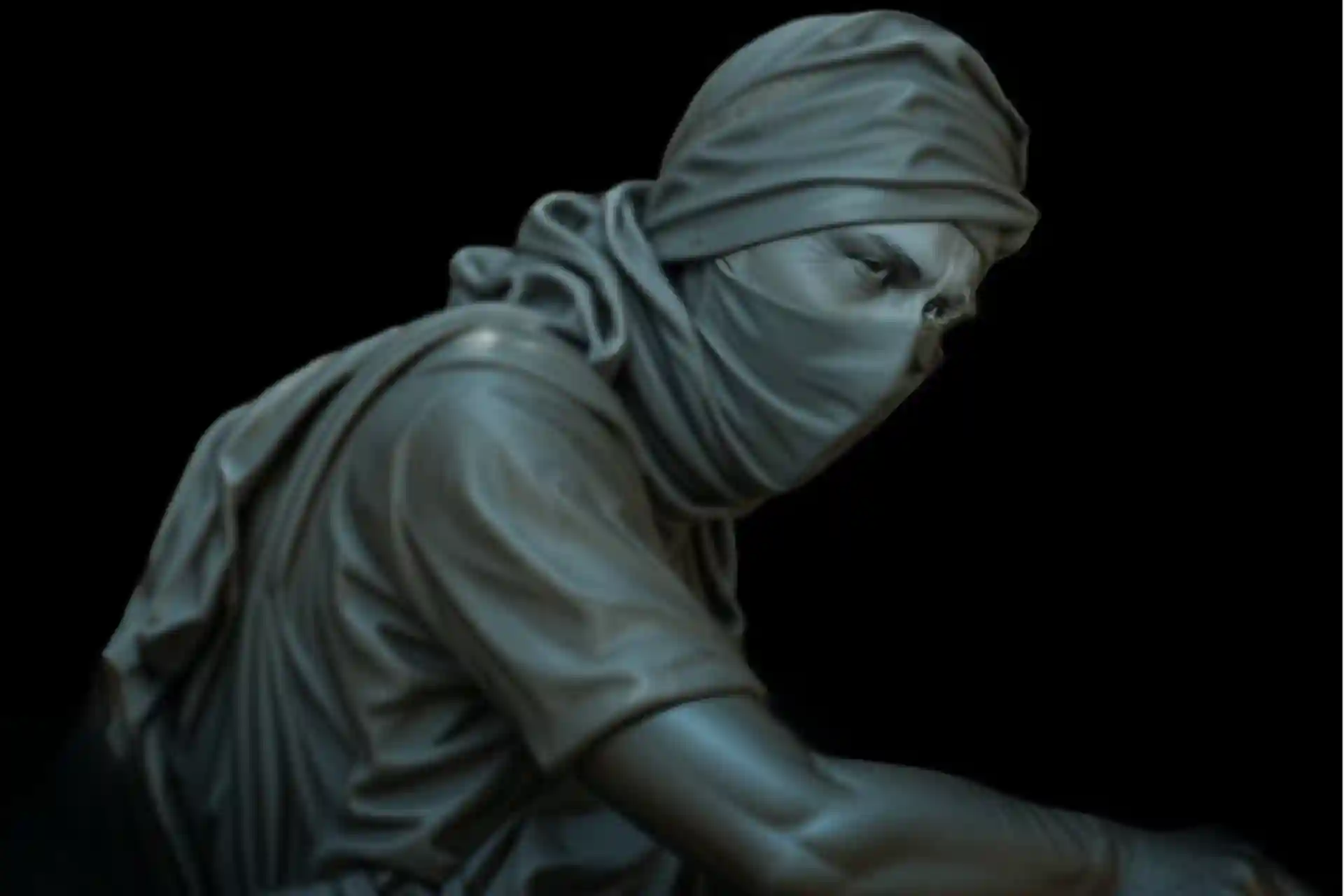"The Carnation and the Thorn" – Yahya Sinwar (story, part 21)
The occupying forces introduced a number of regulations in order to control the militants against them and drastically reduce their movements. For example, they began to determine the number of people living in the region and gave each adult an identity document. Minor children were also included in these documents. Even newborn babies were not left out. They established an office to issue documents for all this and began to deal with citizens' affairs. In this way, a connection was established between the military governor, the head of the household, and the activists of the neighborhood. From time to time, they would summon them to the military governor, and whatever they wanted to convey to the people, they would convey through them. You see, the head of the household and the activists of the neighborhood would grow mustaches, wear official clothes, and attend the governor's presence. Usually, the governor would treat them with respect. Only when there are demonstrations or operations, they are called to account, restrained, and reprimanded. At such times, if any of them want to speak, they are addressed with arrogance, saying, "Mr. Governor!" or "His Excellency the Governor!"
The heads of households were given a special seal, and anyone who wanted to travel abroad, start a business, build a house, or do any official work had to go to that head of household. He would stamp his document and sometimes even give him a cup of tea in return. The military invaders took maps and explored all the secret lands day after day and night after night. Sometimes on foot, sometimes on horseback, they explored every coast and valley, up to the hills and mountains. In towns, villages, and camps, you could see dozens of soldiers marching in two, three, or four rows. Each had a rifle in his hand, looking left and right. Those in the last line would often turn completely back to avoid being attacked from behind. Sometimes they would stop and look at their superiors' map, then move on to the designated destination. Sometimes a young man walking down the street would stop someone and ask for their ID. Then one of the officers would take a piece of paper from his pocket with the names of those wanted and check it. Every day, if not every other day, dozens of large Jeeps would come to an alley or someone's house to arrest the fighters or those who helped them. When they returned, we would see someone being taken away with their hands handcuffed and a military-style bag over their head. Sometimes we would recognize the person being taken away by their clothes, or we wouldn't recognize them at all. They would take them away for questioning.
No matter how hard they tried to control the situation, the resistance operations of the devotees continued. Every three or four days, after the sound of an explosion, we would hear that several invading soldiers were dead or wounded. Or, if not, there were frequent cases when some devotee would target an invading infantryman with his weapon. But the devotees did these things almost openly. When one of them passed by people, it was obvious that he had a weapon hidden in his clothes or in a bag. Everyone knew that he was carrying a weapon. However, this publicity gradually had to be replaced by secrecy. In the early seventies, a unit called "101" was formed. Its commander was a person named Mair Dajen, known in red caps and popularly known as "Little Red Riding Hood." He gained respect in military operations with his unique evil methods. His brigade would storm the streets and alleys, shooting at anyone who looked suspicious. They would attack ordinary people without any limits. Such evil and disregard for the laws succeeded in weakening the movement of the devotees.
Each brigade consisted of up to twenty physically strong, highly trained special forces soldiers. They were armed with the most modern weapons, wore red military hats, carried a short stick in their hands, and had a wireless communication device on their belt, from which the sounds emanating from it were heard loudly.
One of them noticed a certain fidoy about to organize an operation and began to pursue him. The fidoy had already managed to hide. When he immediately sent a message to the area using a wireless transmitter, the auxiliary forces immediately arrived and surrounded the area. They took men and women, young and old, out and lined them up. The investigators interrogated them one by one. They ransacked the houses where they suspected the young man they were pursuing was hiding. Finally, when the investigators found his trail, they demanded that he come out through a loudspeaker. When they did not hear any response, they threw a grenade into the hole where they suspected he was hiding. They blew up the house until it was destroyed. After they had destroyed it, they brought an excavator and dug it out. Four of their fallen devotees were found under the rubble.
As time passed, as the influence of the "People's Liberation" movement declined, those who had broken away from it began to join the "Fatah" movement. In some regions, however, the "Popular Front" movement was reduced to a minority due to the arrests of its members after each operation. In particular, dozens of its young men were arrested after its last operation, and its activities almost ceased. At night, a mother whose husband and children were arrested shed tears of grief, while another would play the zagru in the morning, celebrating the release of her brothers, who had been in captivity for years, from dark dungeons and returning home. In Hebron, arrests began a few days after the occupation. At that time, Israeli commanders visited the house of Sheikh Muhammad Ali Al-Jabari, the leader of the activists in Hebron, and paid tribute to him. They also asked what the Sheikh's demands and wishes were. The sheikh had asked them not to let their soldiers attack civilians or their property. They had promised to do so. Indeed, Khalilda could well have considered the sheikh's wish fulfilled.
Over time, however, widespread land confiscations began. In particular, Sheikh Jabari's land was confiscated, along with the lands of other families. Instead, they began to build their own houses. They continued to build houses all the way to the "Khalid Ibn Walid" mosque. In addition, they occupied the "Usama Bin Munqiz" school, and they also took over the parking lot in the city center, gradually turning it into a military base and later into a road leading their residents to the "Ibrahimi Sharif Haram". The Jews considered this "haram" to be their sacred place, and they tried to expel Muslims from there.
The enemy gradually intensified his military invasion. He did this without hostility towards the population, with restraint. He tried to be on good terms with the people as much as possible. Or, at least, he entered without hostility. For example, if an Arab girl was beaten by a Jewish boy, the rabbis like Lifoner would express their desire to continue being good neighbors and, in accordance with Arab custom, go to court and compensate for the damage caused. The important thing is that he wanted to continue in peace with the Arabs.
In areas where tensions had not yet subsided, such as the Duhaysh and Urub camps near the road connecting Jerusalem and Bethlehem, anti-military operations were carried out when government personnel, tourists, and soldiers were moving along the road. This was followed by several arrests and re-quarantine.
To be continued...



